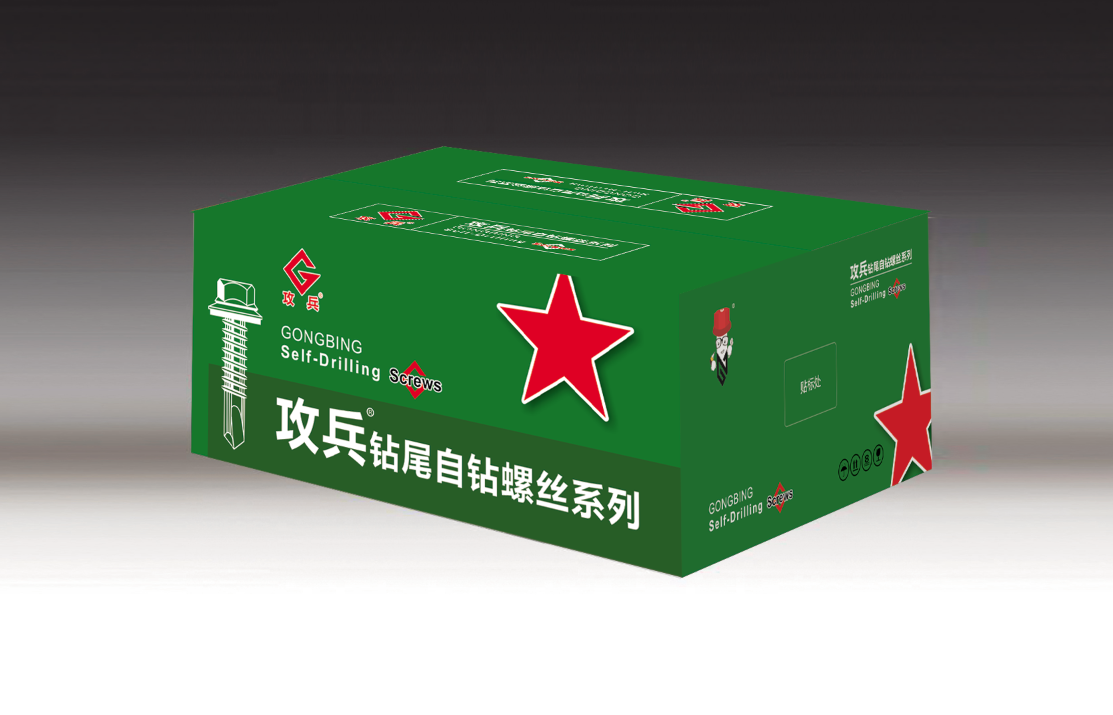Innovative Chemical Grouting Solutions for Enhanced Structural Integrity and Stability in Construction
Chemical Grouting for Ground Stabilization A Comprehensive Overview
Ground stabilization techniques have gained significant importance in recent years, particularly in construction and civil engineering projects where soil properties can be unpredictable. Among these techniques, chemical grouting has emerged as a highly effective method for enhancing the performance of foundation systems, improving soil strength, and preventing water infiltration. This article explores the principles behind chemical grouting, its applications, benefits, and the materials used in the process.
Understanding Chemical Grouting
Chemical grouting involves the injection of chemical compounds into soil or rock formations to improve their physical properties. This process is primarily used to fill voids, consolidate loose soils, and create a barrier to prevent water flow. Chemical grouts are typically classified into several categories, including polyurethane, epoxy, and cement-based grouts, each offering unique benefits depending on the specific application.
The mechanics of chemical grouting are straightforward. A liquid grout is injected under pressure into the ground, where it permeates and reacts with the surrounding soil or rock. Upon injection, the grout undergoes a chemical reaction that results in a rapid increase in viscosity and, ultimately, sets into a solid state. This reaction can lead to a significant increase in the load-bearing capacity of the soil and a reduction in permeability, providing a stable and waterproof environment.
Applications of Chemical Grouting
The versatility of chemical grouting makes it suitable for a wide array of applications. Some common uses include
1. Foundation Improvement Chemical grouting is often employed to enhance the strength of soil beneath building foundations, preventing settling and shifting that can lead to structural damage.
2. Excavation Support In excavation sites, chemical grouting can be used to stabilize surrounding soils, preventing collapses and ensuring safe working conditions.
3. Water Control Grouting is effective in creating barriers against water ingress, making it a vital technique in tunnels, subways, and other underground structures to keep them dry and safe.
4. Seepage Control Chemical grouts can be used to seal seepage paths in dams and levees, thereby improving their integrity and reducing the risk of erosion or failure.
5. Repair of Existing Structures When dealing with older structures that have shown signs of distress, chemical grouting can be employed to reinforce soil and provide additional support, prolonging the life of the structure.
Advantages of Chemical Grouting
The adoption of chemical grouting techniques provides several key benefits
chemical grouting bolt

- Speed of Installation The chemical grouting process can be executed relatively quickly, allowing for faster project completion compared to some traditional methods.
- Reduced Excavation Needs With chemical grouting, there is often less need for extensive excavation or site preparation, minimizing disruption and enabling more efficient project workflows.
- Adaptability Chemical grouts can be tailored to suit specific soil conditions and project requirements, making them highly adaptable.
- Long-lasting Effects Once cured, chemical grouts provide durable solutions that can withstand environmental conditions, ensuring long-term stability.
- Cost-Effectiveness While the initial investment in chemical grouting may be higher than other techniques, its effectiveness in preventing future issues can result in significant cost savings over time.
Materials Used in Chemical Grouting
The choice of material plays a crucial role in the effectiveness of chemical grouting. Some of the most commonly used materials include
- Polyurethane Grouts Known for their excellent flexibility and effectiveness in sealing and filling voids, polyurethane grouts are commonly used in water control applications.
- Epoxy Grouts These grouts provide high strength and chemical resistance, making them suitable for use in harsher environmental conditions.
- Cement-based Grouts Traditionally used, these grouts provide good performance for various applications but may require longer curing times.
While selecting the appropriate material, engineers must consider factors such as soil type, moisture levels, and the specific conditions of the construction site.
Conclusion
Chemical grouting is a highly effective technique that has transformed ground stabilization practices in the construction industry. Its ability to enhance soil properties, reduce permeability, and prevent water ingress makes it indispensable for modern engineering challenges. As projects demand more reliable and efficient solutions, chemical grouting will continue to play a pivotal role in ensuring the safety and durability of structures. With ongoing advancements in materials and technology, the future of chemical grouting looks promising, presenting new opportunities for enhancing soil and foundation performance in various applications.
-
Wedge Anchor Bolts: Secure Fastening SolutionsНовостиAug.05,2025
-
Insulation Fixings: Secure and Durable SolutionsНовостиAug.05,2025
-
Full Threaded Studs: Versatile Fastening SolutionsНовостиAug.05,2025
-
Expanding Fasteners: Secure and Reliable SolutionsНовостиAug.05,2025
-
Butterfly Toggle Anchors: Secure and Easy to UseНовостиAug.05,2025
-
Bracing Solutions for Steel StructuresНовостиAug.05,2025
